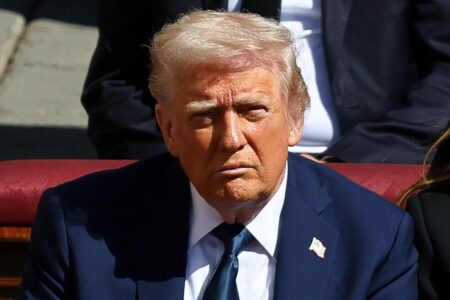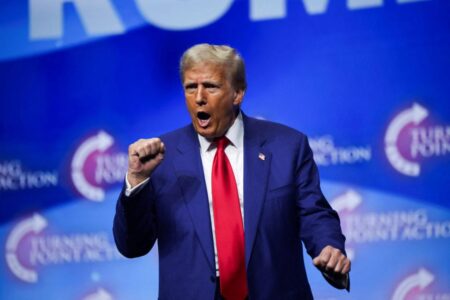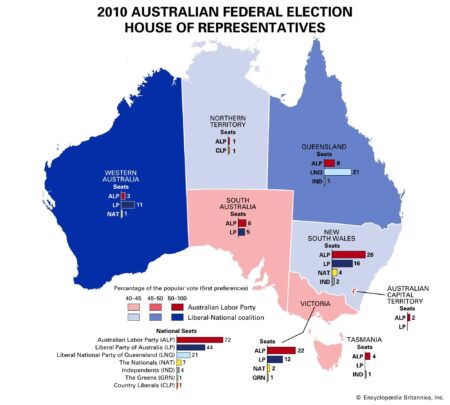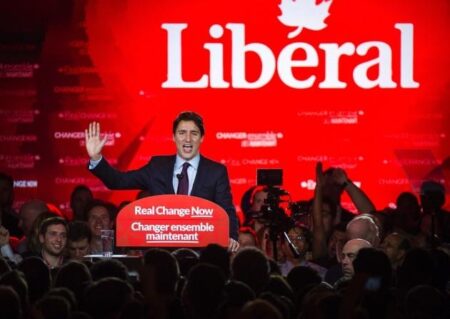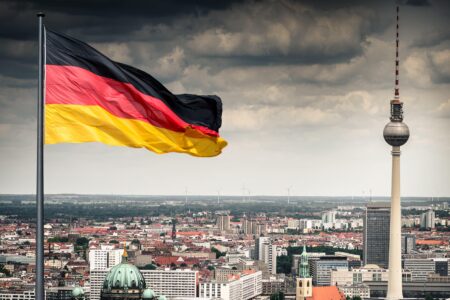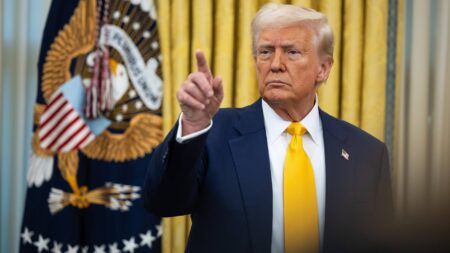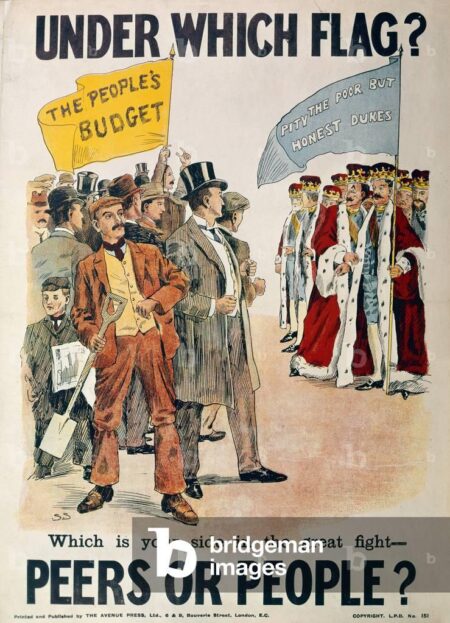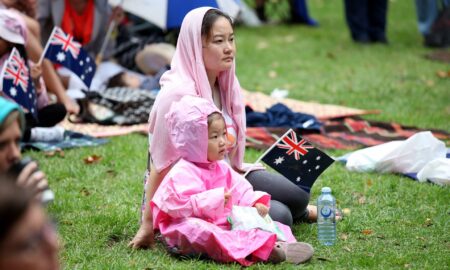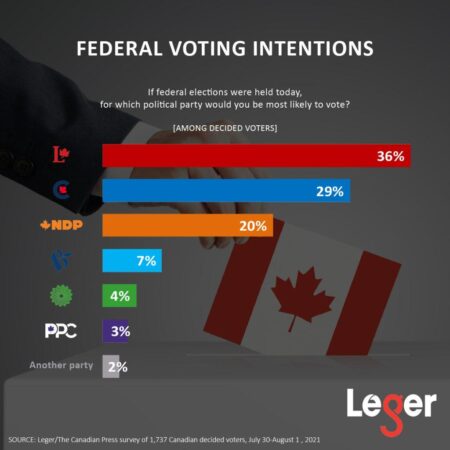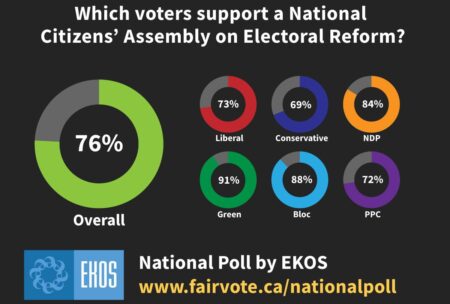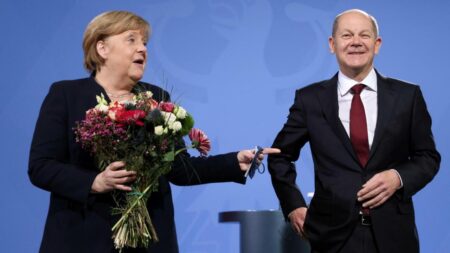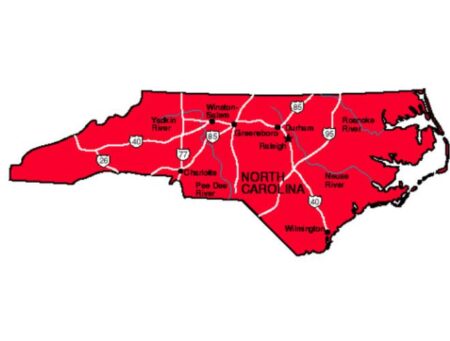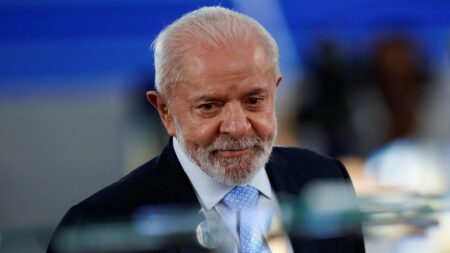As the world eagerly anticipates the upcoming elections in Australia and Singapore, analysts are sounding the alarm about Donald Trump’s significant influence. His captivating populist rhetoric and divisive approach could play a pivotal role in shaping voter sentiments and party strategies across both nations.
Browsing: elections
As Canada embraces a fresh chapter under Prime Minister Carney, curiosity swirls around how well the electorate grasps his vision. With a blend of optimism and apprehension, countless voters are taking a moment to ponder their decisions and the exciting new path that lies ahead for the nation.
Pierre Poilievre, the Opposition Leader in Canada, has unexpectedly lost his seat in Parliament, signaling a dramatic shift in the political landscape. This surprising turn of events leaves many wondering what lies ahead for the Conservative Party as it gears up for the next election.
As the debate over the mental sharpness of political leaders heats up, some analysts are raising eyebrows at former President Donald Trump’s recent public speaking habits. They argue that these patterns may reveal a troubling decline in his cognitive abilities. Critics even go so far as to claim that he might now be facing more cognitive challenges than President Biden did during his time in office.
Following the recent Australian Federal Election, the U.S. Department of State has underscored the vital role of democratic processes around the world. Officials are intently observing the election results, showcasing how crucial U.S.-Australia relations are in our ever-changing geopolitical landscape.
In a remarkable political twist, the Liberal Party of Canada has triumphed over a conservative leader whose rhetoric resonates with that of Donald Trump. This victory not only sets them apart from the challenges currently confronting American Democrats but also showcases innovative strategies that could potentially reshape U.S. political landscapes.
In a bold and defiant statement, a local politician passionately dismissed allegations of Chinese influence, declaring, “I’m not going anywhere.” This strong response emerges in the wake of troubling claims regarding foreign efforts to manipulate her political agenda, igniting serious concerns about the integrity of our local governance.
Germany’s far-right AfD party is under the spotlight as lawmakers engage in heated discussions about a possible ban. With worries mounting over its extremist rhetoric and growing influence, the government is considering legal measures that could dramatically alter the political landscape.
In a remarkable political turnaround, Erin Carney triumphed in her Canadian riding, propelled by a wave of discontent with Donald Trump’s policies. Voters came together, united in their resolve to counteract the divisiveness they felt, sending a powerful message: “Trump is trying to break us.”
Following the Liberal Party’s triumphant win in Canada, experts are buzzing with insights about its global ramifications. Analysts believe this victory is a powerful endorsement of progressive policies and a renewed focus on climate action, solidifying Canada’s position as a beacon of leadership in international diplomacy and collaboration.
As Australia gears up for a crucial election, Chinese Australians—who have long endured discrimination—are now in the spotlight as political parties vie for their support. This exciting shift highlights a newfound appreciation for their increasing electoral power and the rich tapestry of contributions they bring to our society.
In an exciting turn of events, early voter turnout in Canada has skyrocketed to a remarkable 7.3 million ballots cast, smashing all previous records! This impressive surge showcases a newfound enthusiasm among Canadians as they gear up for the polls, highlighting a vibrant and dynamic electoral landscape where every voice matters.
With election day just around the corner, Carney’s Liberals are holding onto a slim lead in the polls, but the race is heating up with only six days to go. Voter sentiment is evolving rapidly, turning this contest into a thrilling showdown as parties intensify their campaigns across the country.
In the wake of the Pope’s passing, heartfelt mourners gather at cathedrals throughout Australia, creating a poignant atmosphere as the nation reflects ahead of the 2025 election. Opposition leader Peter Dutton has called for a spirit of respect and unity, recognizing that this is not a day for “overt politicking,” but rather one for remembrance and reverence
In his pursuit to restore economic stability, Javier Milei’s bold policies may be key to revitalizing Argentina’s struggling economy. As the country grapples with inflation and fiscal challenges, his vision for a “normal” financial landscape warrants serious consideration.
As Canadians prepare to cast their votes, recent surveys unveil a dynamic shift in public sentiment regarding crucial issues. There’s an increasing focus on climate change and healthcare, signaling what could be a pivotal moment for voters. Analysts warn that these changing priorities may significantly alter the political landscape as we approach election day.
Germany’s anticipated next chancellor has sparked a wave of concern regarding the coalition’s promises, hinting at possible changes in policy direction. This growing skepticism could pose a threat to the government’s stability and potentially transform the political landscape, as reported by Reuters
In a contentious political landscape, North Carolina Republicans may be poised to manipulate election outcomes through strategic legislation. Critics argue that these tactics undermine democracy, raising concerns about the integrity of future elections in the state.
Once heralded as the world’s most popular politician, Brazilian President Luiz Inácio Lula da Silva is now grappling with a significant drop in approval ratings. Critics point to economic struggles and rising inflation as key factors in this decline.
As Australia gears up for its elections, voters will encounter an old-school voting process featuring blindfolds and wooden balls. This analog approach sparks intrigue, reigniting discussions about tradition versus modernity in electoral practices.

